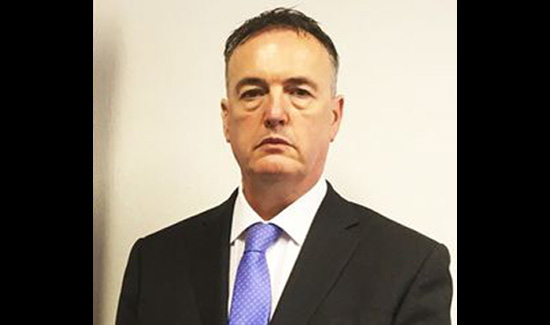How Much Would You Pay for Policing?

Clive Grunshaw, Labour Lancashire Police and Crime Commissioner, is warning that citizens will have to help pay for law enforcement services to keep the force in tact.
Lancashire county, in northwest England, is looking at cutting the grant given to Lancashire Police from national budgets.
So, Clive Grunshaw, the county’s police and crime commissioner, is asking how much its citizens are willing to pay for policing:
Year on year, we are seeing the Government go back on their word about not cutting police budgets. Last year it was £1million lower and next year they are planning a £2.5m reduction.
“While most of the money to pay for the police comes from central government grants, around a quarter comes from council tax which goes straight to policing in our county.
“I have promised to listen to the people of Lancashire when making decisions and every year I consult residents before setting the council tax precept.
“Even as the Government have reduced our funding, residents have generously supported an increase of at least 2% for the last three years and I have honoured their wishes.
“While I appreciate people have many financial pressures, a small increase of around 6p per week (for a band D household) will actually raise £1.4m and will help safeguard the equivalent of 26 police officers next year.”
Lancashire is still facing proposed reduction of £2.5m in the grant it receives from central government this year and would need to increase its share of the council tax if it is to avoid further reductions.
“The Government should be honest with people, the so-called ‘protection’ it announced for police budgets hasn’t materialised for the people of Lancashire.
“Lancashire Constabulary have worked really hard to find the £76m a year savings we’ve needed since 2010. Sadly, these savings have led to the loss of around 850 officers and 450 police staff but we still have around £16m a year more to find by 2020.
“An increase in council tax of around 2% will maintain a number of roles that otherwise may have to be lost.
“I’m keen to make sure as many people as possible have their say and have set up phone surveys conducted by trained researchers as well as promoting my online questionnaire over Christmas on social media. However I realise not everyone has access to these accounts but I want to ensure we get representation from people who are not online.”














